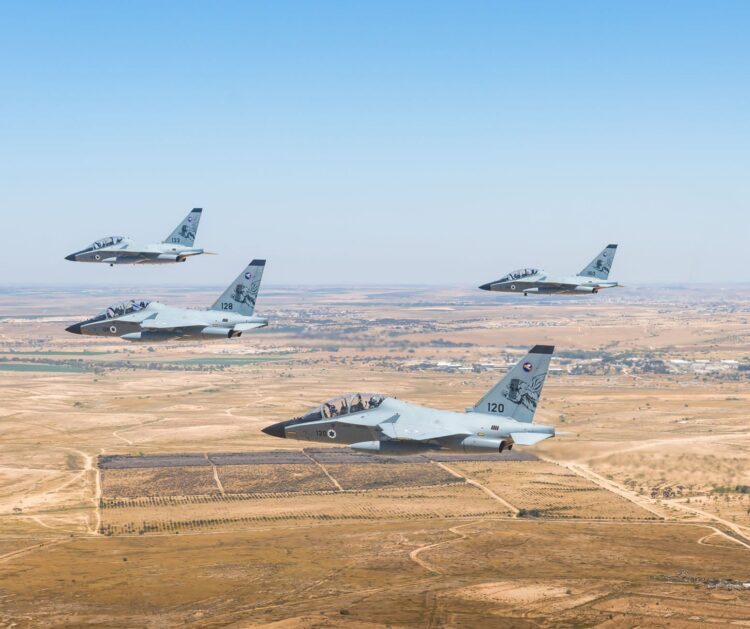In a bold and unprecedented military campaign, Israel has struck more than 100 targets across Iran, including key nuclear sites, missile bases, and high-ranking military officials—marking the most severe assault on the Islamic Republic since the 1979 revolution. Prime Minister Benjamin Netanyahu confirmed the operation had been secretly in the works for eight months, with coordination between Mossad, Military Intelligence, and the Israeli Air Force.
The attack, which Netanyahu described as “heroic” and “unmatched in scope,” aimed to dismantle Iran’s capacity to develop nuclear weapons and eliminate top military leaders and nuclear scientists. Among those killed were IRGC commander Hossein Salami and Iran’s military chief of staff, Mohammad Bagheri. The Natanz enrichment facility—long regarded as the crown jewel of Iran’s nuclear program—was completely destroyed in what Israel hailed as a “critical achievement.”
Senior Iranian Military Leaders Killed (According to Al-Hodhod Network):
- Chief of Staff of the Iranian Army – Top-ranking officer overseeing all branches of Iran’s armed forces.
- Commander of the Air Force – Responsible for Iran’s air defense and aerial capabilities.
- Commander of the Islamic Revolutionary Guard Corps (IRGC) – A key power center in Iran’s regime and leader of elite forces.
- Commander of the Emergency Command – Oversaw Iran’s rapid response and national defense coordination.
- Commander of the Iranian Ground Forces – Head of conventional land forces.
- Commander of the IRGC Navy – Led Iran’s naval operations in the Persian Gulf.
- Commander of the Quds Force – Successor to Qassem Soleimani, managing Iran’s external military operations.
- Commander of the Basij Forces – Leader of the paramilitary militia loyal to the Supreme Leader.
- Commander of the Iranian Navy (Army) – Led Iran’s regular naval forces.
- Commander of the Army Ground Forces – Directed ground combat operations.
- Commander of the Army Air Force – Managed the air power of Iran’s regular military.
According to Iranian media reports, at least 78 people have been killed and 329 injured so far as a result of the Israeli strikes.
The plan was initiated in response to Iran’s missile strike on Israel in October and escalating intelligence indicating that Iran was nearing nuclear breakout capability. The urgency increased with the near-completion of a new underground enrichment facility said to be immune to even U.S. bunker-busting bombs.
But the strike wasn’t purely aerial. On-the-ground sabotage operations by Mossad agents played a vital role—smuggling explosive drones into Iran, disabling air defenses, and targeting military infrastructure from within. The breadth of the attack stunned even seasoned analysts, combining cyber warfare, precision strikes, and real-time intelligence coordination.
Despite Prime Minister Netanyahu’s prior assurances to former U.S. President Donald Trump that Israel would act alone, senior Israeli officials now claim the operation was quietly greenlit by Washington. While U.S. officials publicly distanced themselves, sources suggest that coordination and intelligence-sharing behind the scenes may have helped preserve operational surprise.
Developing:
Prime Minister Netanyahu and President Trump are expected to hold a phone conversation later Friday as global tensions spike.
Additionally, Netanyahu is set to convene a high-level security assessment this evening with key defense figures, including the Defense Minister, IDF Chief of Staff, Mossad Director, Shin Bet head, and other senior security and intelligence leaders to prepare for potential Iranian retaliation.
The fallout has been immediate and severe. Iran has vowed retaliation not only against Israel but also against American bases and assets in the region. Iranian authorities have ordered citizens to avoid photographing missile movements, labeling it a criminal act aimed at protecting national security and preventing Israeli cyber monitoring.
“This is just the beginning,” Netanyahu warned. “We struck hard, but we know Iran will respond. This may come in waves. We are ready for it.”
With the situation rapidly evolving, Israeli officials say they had to take this long-awaited opportunity to strike.























Discussion about this post